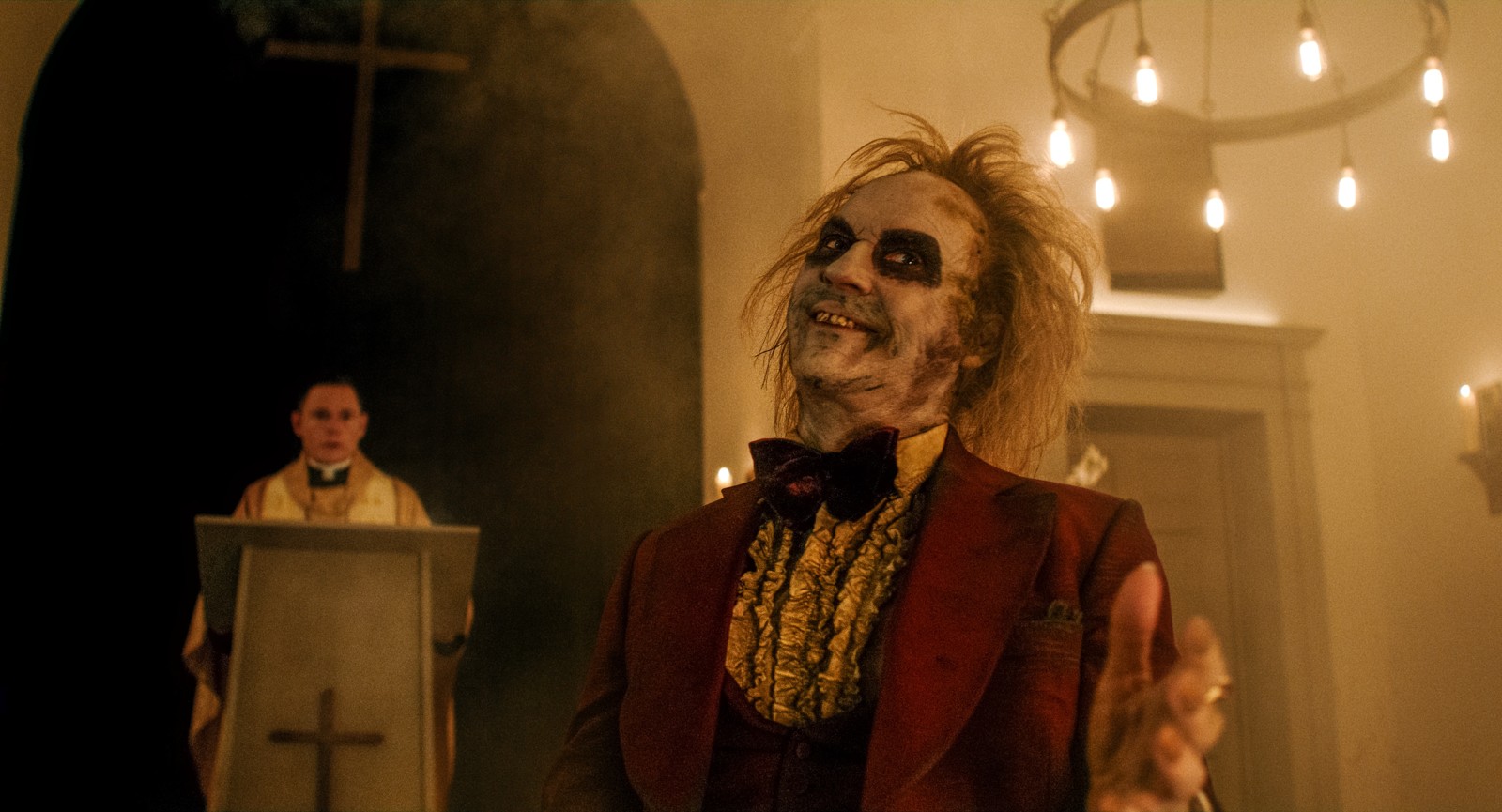A Los Angeles City Council panel on Friday backed shifting city elections from odd- to even-numbered years to coincide with federal and state balloting — a change that could result in a one-time extension of the terms of office of the mayor, council members and other officials from four to five-and-a-half years.
The proposal sent by the Rules, Elections and Intergovernmental Relations Committee to the City Council is intended to boost voter turnout, which was about 20 percent of registered voters in the 2013 city elections.
City elections are now held in March and May during odd-numbered years.
The plan endorsed by the committee calls for holding races in June and November of even-numbered years, at the same time as presidential, gubernatorial and other races.
The presidential election in November 2012 drew 69.2 percent of registered voters in Los Angeles County, while the gubernatorial race in November 2010 saw a turnout of 52.5 percent countywide.
In order to make the scheduling shift, a “gap” of about 17 months needs to be closed. One option is to allow a one-time, 1 1/2 year extension of
the usual four-year terms. Other ideas included shortening terms or holding special elections to fill offices during the gap months.
City officials said a shortened term — such as creating a three and a half year term — was not considered because the county, which handles federal and state races, will not have its new voting system ready before 2019.
Holding special elections in 2019 and 2021 to fill the year-and-a-half gap would cost a total of $36.3 million, according to city officials.
The committee today decided to back the option of lengthening terms for city and school board seats opening up in 2015 and 2017 as the way to transition into the even-year election cycles.
Two members of the panel — councilmen Herb Wesson and Jose Huizar — are running for re-election in the 2015 races and could be affected by the proposed longer term. The third member of the committee, Tom LaBonge, is termed out and did not attend Friday’s meeting.
Those elected in the 2015 races for seats — which include even-numbered council districts — would see their terms last until December 2020, instead of 17 months earlier in June 2019. This enables subsequent elections for these seats to be held in even-numbered years.
The 2017 elections would result in five and a half year terms for the mayor, council members of odd-numbered districts, city attorney, controller and other offices. Their terms would end December 2022, instead of June 2021.
Following the one-time extensions, the office terms would return to four years.
Mayor Eric Garcetti, City Attorney Mike Feuer, Controller Ron Galperin and most of the council members for the odd-numbered districts are eligible to run for re-election in 2017 and could be affected by the proposed longer term.
The 15-member Los Angeles City Council could decide Wednesday whether it wants to prepare a ballot measure to shift the election cycle, and as a result extend terms for those elected in 2015 and 2017.
The panel will also consider 23 other ideas for increasing voter turnout.
If the initiative to change the election cycle is placed on the March 3, 2015 primary election ballot as planned, voters in seven council districts would be considering it along with City Council candidates.












